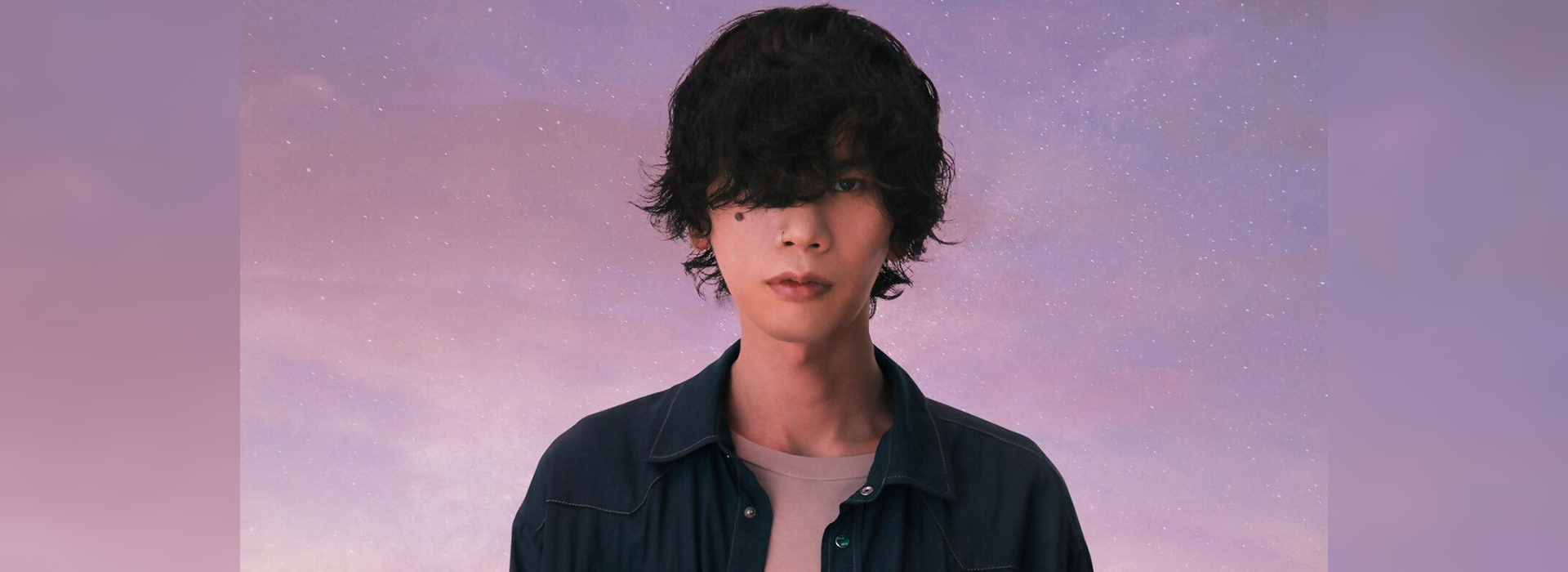
He’s received knocks on his door from every corner of the Japanese entertainment industry: TV, movies, anime, games—you name it. Even when live shows were shuttered during COVID-19, demand for Kenshi Yonezu only went up and up. His music, which has become well known for its incredible ability to raise awareness of whatever media it’s featured in, has become a must-have commodity to those in charge. The news that he was chosen to write the theme song for Studio Ghibli director Hayao Miyazaki’s new and likely final film seems to mark a new high point in his career—even among all the huge collaborations he’s worked on over the past several years.
Kenshi Yonezu’s songs never follow a well-trodden path. It’s no exaggeration to categorize what he’s doing as being in a league of its own, drawing as much inspiration from the thing he has been requested to write for while maintaining only a minimal connection to the plot line. Also of note is, as an artist who grew up consuming all different kinds of media, he’s intimately familiar with the feel and overall structure of each type. Let’s take a look at some of the soundtrack work Yonezu has done, as an introduction to the musical mind of this trendsetter in the world of Japanese pop culture today.
Unauthorized reproduction and distribution prohibited.